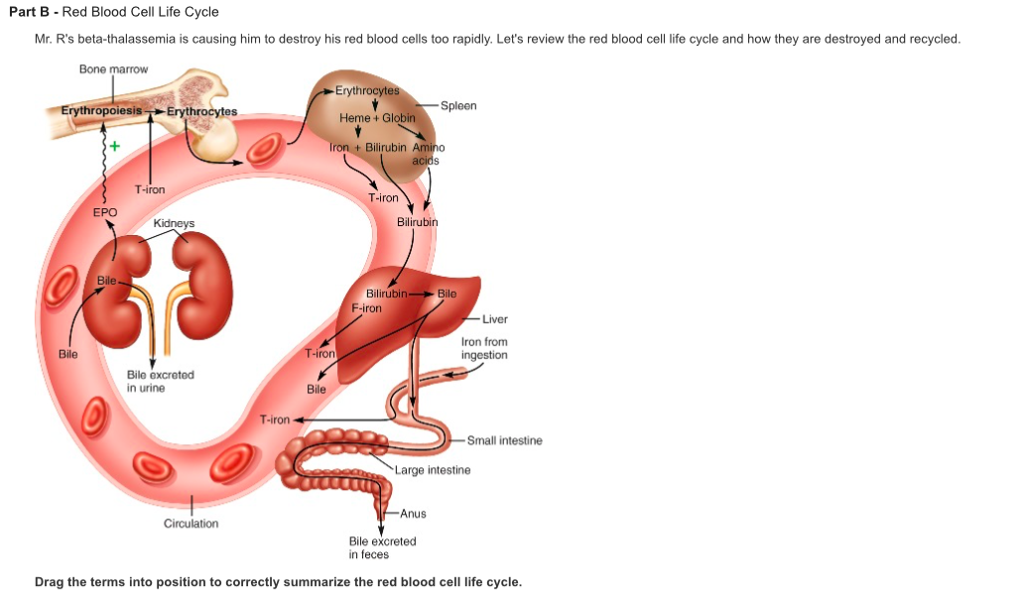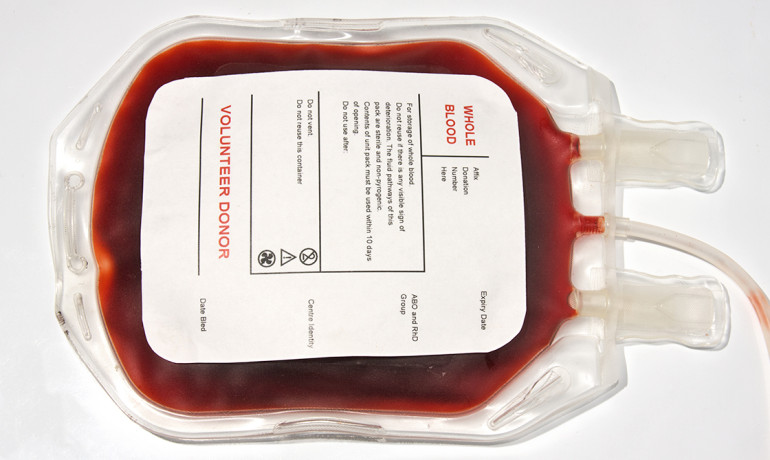Each day 400 gallons of recycled blood is pumped through the kidneys

Each day, 400 gallons of recycled blood is pumped through the kidneys.

The human body is a complex and fascinating machine, constantly working to maintain balance and ensure its survival. One of the vital organs responsible for this task is the kidneys. These small bean-shaped organs, located on either side of the spine, play a crucial role in filtering waste products and excess water from the blood, producing urine, and maintaining the body’s fluid balance.
Did you know that each day, approximately 400 gallons of recycled blood pass through the kidneys? This astonishing fact highlights the remarkable efficiency of our bodies in processing and reprocessing blood to eliminate waste and maintain stability.
The circulatory system, comprising the heart, blood vessels, and the kidneys, works in harmony to transport blood throughout the body. As blood circulates, it carries oxygen and nutrients to the body’s cells while simultaneously collecting waste products. These waste materials, such as urea and excess water, are then sent to the kidneys for filtration.
The kidneys serve as the body’s filtration plant, continuously working to remove harmful substances and excess fluids. As blood enters the kidneys, it passes through tiny filtering units called nephrons. Each kidney contains millions of these nephrons, which consist of a glomerulus and a tubule.
The glomerulus acts as a sieve, allowing small molecules like water, glucose, salts, and waste products to move through, while preventing larger elements like blood cells and proteins from passing. These filtered substances then travel through the tubule, where valuable nutrients and water are reabsorbed back into the bloodstream, while waste products continue their journey towards the bladder as urine.
In a remarkable display of efficiency, the kidneys reclaim almost 99% of the filtered blood. This means that only a small fraction, about 1-2 liters, actually leaves the body as urine. The rest of the blood is carefully regulated and recycled, with waste products being eliminated to maintain equilibrium and optimal functioning.

The process of recycling blood not only ensures the removal of waste and excess fluid but also helps maintain the delicate balance of chemicals and electrolytes in the body. Our kidneys play a vital role in regulating blood pressure, producing red blood cells, and activating vitamin D, among other essential functions.
It’s truly remarkable to consider the incredible work our kidneys perform each day, filtering and recycling such a large volume of blood. This fact serves as a reminder of the intricate mechanisms at play within our bodies, working tirelessly to keep us healthy and functioning optimally.
In conclusion, the kidneys’ ability to filter and recycle approximately 400 gallons of blood each day showcases the exceptional efficiency of our bodies. This ongoing process ensures the elimination of waste products, maintenance of fluid balance, and overall well-being. Appreciating the intricate workings of our internal systems allows us to marvel at the complexity and brilliance of the human body.
References:
Tags
Share
Related Posts
Quick Links
Legal Stuff

